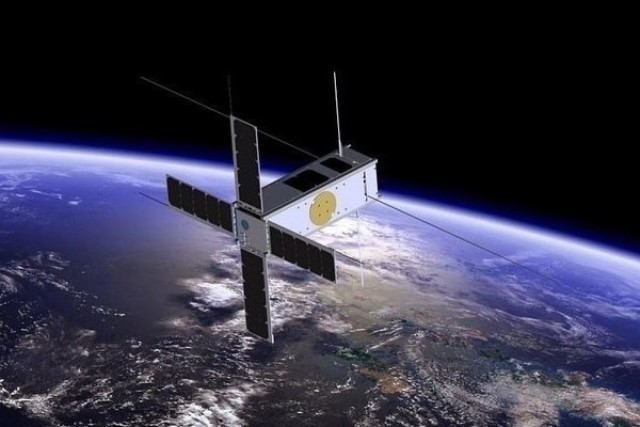Yuri Gektin, Deputy Head of the department for the development and Creation of multi-zone scanning systems at the RCS, noted that such delays are not critical
MOSCOW, March 23. /TASS/. Russian satellites lag behind their foreign counterparts in some technical parameters, but this is not critical. This opinion was expressed in an interview with TASS by the deputy head of the department for the development and creation of multi-zone scanning systems in JSC "Russian Space Systems" (RKS) Yuri Gektin.
"If we consider the individual technical characteristics of our satellites, we are still lagging behind our Western counterparts in some parameters, for example, in terms of radiometric accuracy, but these gaps are not critical," he said.
At the same time, the expert stressed that the Russian equipment, with almost equal characteristics, is about 30 times cheaper than its Western counterparts.
According to Goktin, Russia is a pioneer in the field of collecting hydrometeorological data about the Arctic from space, thanks to the new "polar" grouping. "This will be the first system in the world that can operate in such an orbit [highly elliptical] and deliver such an array of information about the North Pole," the expert believes.
The Soyuz-2.1 b rocket with the first Arktika-M satellite launched from the Baikonur cosmodrome on February 28 at 09: 55 Moscow time. Approximately nine minutes after the launch, the head unit consisting of the "Frigate" and the satellite separated from the third stage of the rocket. It took more than two hours to launch into a working orbit. At a minimum, the highly elliptical hydrometeorological space system "Arktika-M" should include two satellites. The devices will provide round-the-clock all-weather monitoring of the Earth's surface and the seas of the Arctic Ocean, as well as constant and reliable communication.

